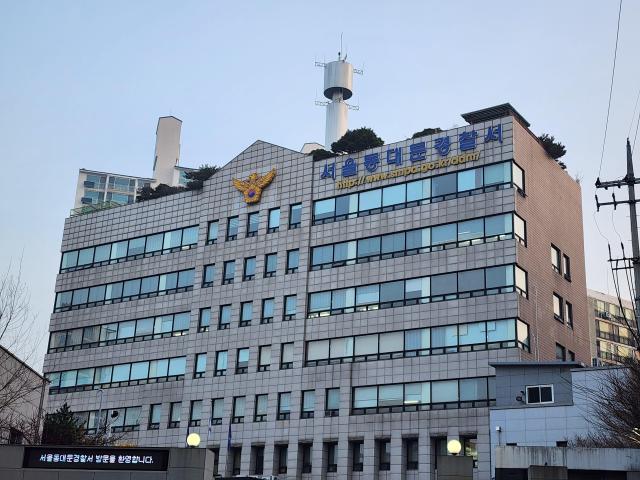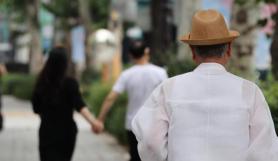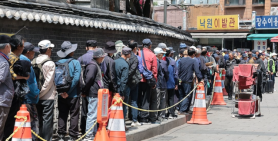
SEOUL, August 22 (AJP) - A 70-year-old South Korean man who admitted to trying to kill his wife, reportedly overwhelmed by the strain of caregiving, has been released from custody. The case underscores the growing toll that eldercare is taking in a country where the number of caregiving-related crimes has steadily risen.
The Seoul Northern District Court on Thursday dismissed a request for the man’s arrest warrant, ruling he posed no risk of flight or evidence destruction. He had been held on suspicion of attempted murder after turning himself in following the attack.
Police said the man struck his wife, who is in her 80s and has dementia, twice on the head with a blunt object at their home on Tuesday. He confessed to the charges, telling officers that "caregiving stress and various other reasons" led him to the act.
The victim was taken to a hospital but did not suffer life-threatening injuries and has since returned home. She told police she does not want her husband punished. However, because attempted murder is not a charge that can be dropped at a victim's request, prosecutors will continue with the case. Police said they plan to refer the suspect to the prosecution without detention once their investigation is complete.
Cases like this are part of a disturbing trend. A study published in June by the Police Science Institute at the Korean National Police University found that South Korean courts have issued 228 convictions for caregiving-related homicides between 2007 and 2023, averaging 17.5 cases a year over the past decade.
The issue reflects the country’s wider demographic challenges. South Korea has already become a super-aged society, with 20.3 percent of its population, more than 10.5 million people, now aged 65 or older.
A national dementia survey in 2023 reported that 9.25 percent of seniors live with the disease, with the number of patients expected to reach 970,000 by 2025. Nearly half of families caring for dementia patients said they felt overwhelmed, citing financial costs as the biggest strain, followed by insufficient policy support and mental health pressures. About 40 percent said caregiving had negatively affected their own lives.
The costs are heavy. Annual expenses per dementia patient average 17.3 million won for those cared for at home and 31.4 million won for those in facilities. In most cases, caregiving expenses outweigh medical costs.
With an aging population, rising dementia cases, and growing economic and psychological strain on families, South Korea now faces a mounting social crisis that is increasingly spilling into the justice system.
Copyright ⓒ Aju Press All rights reserved.




